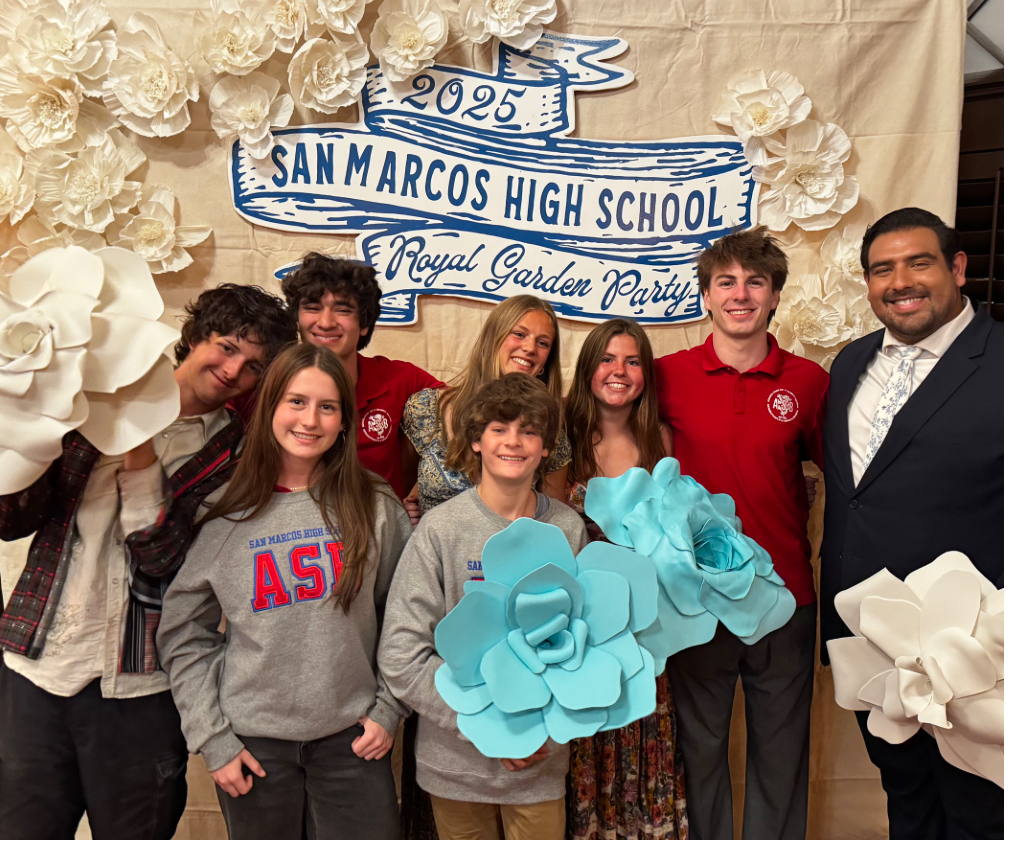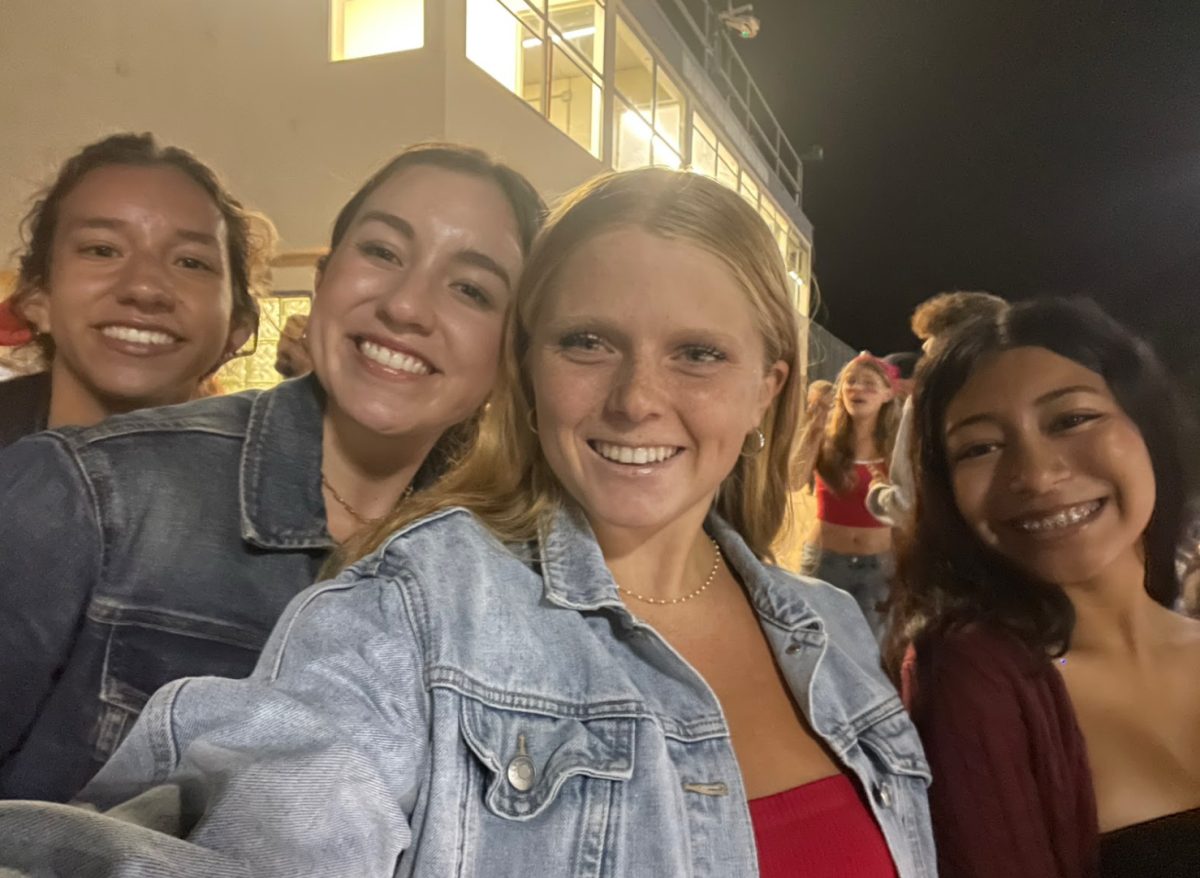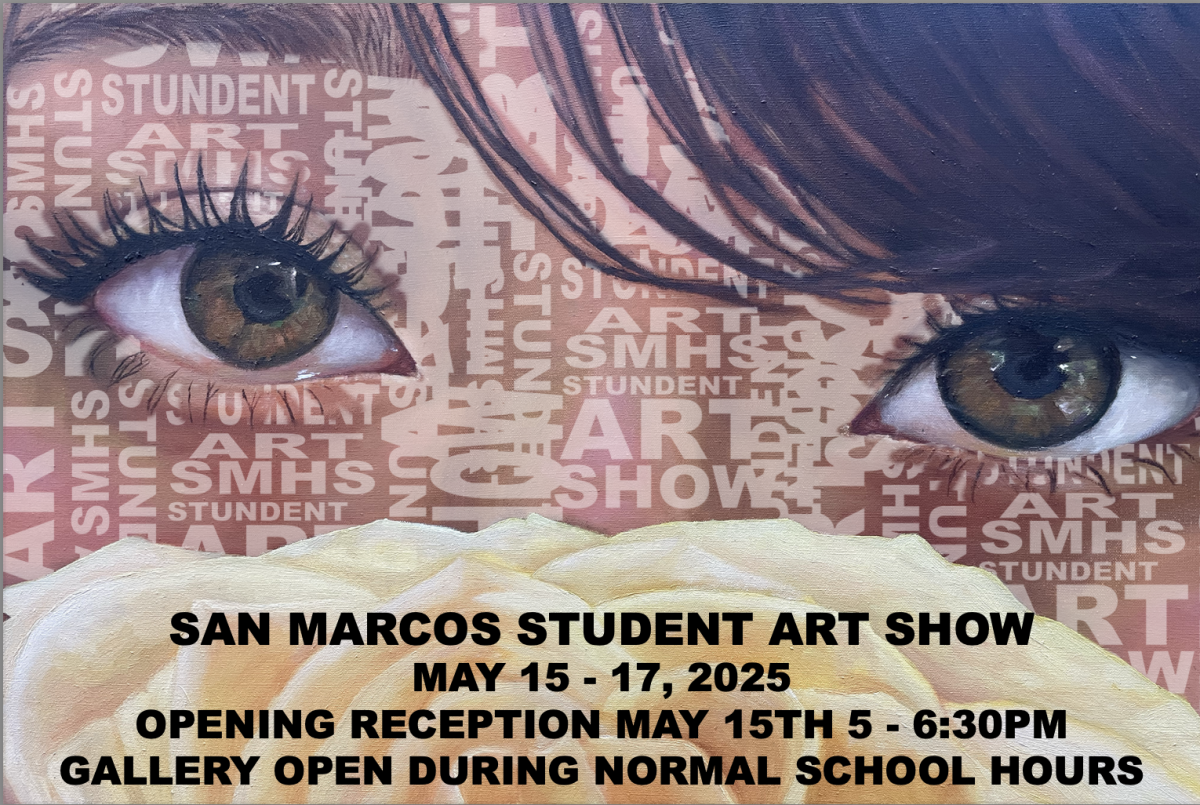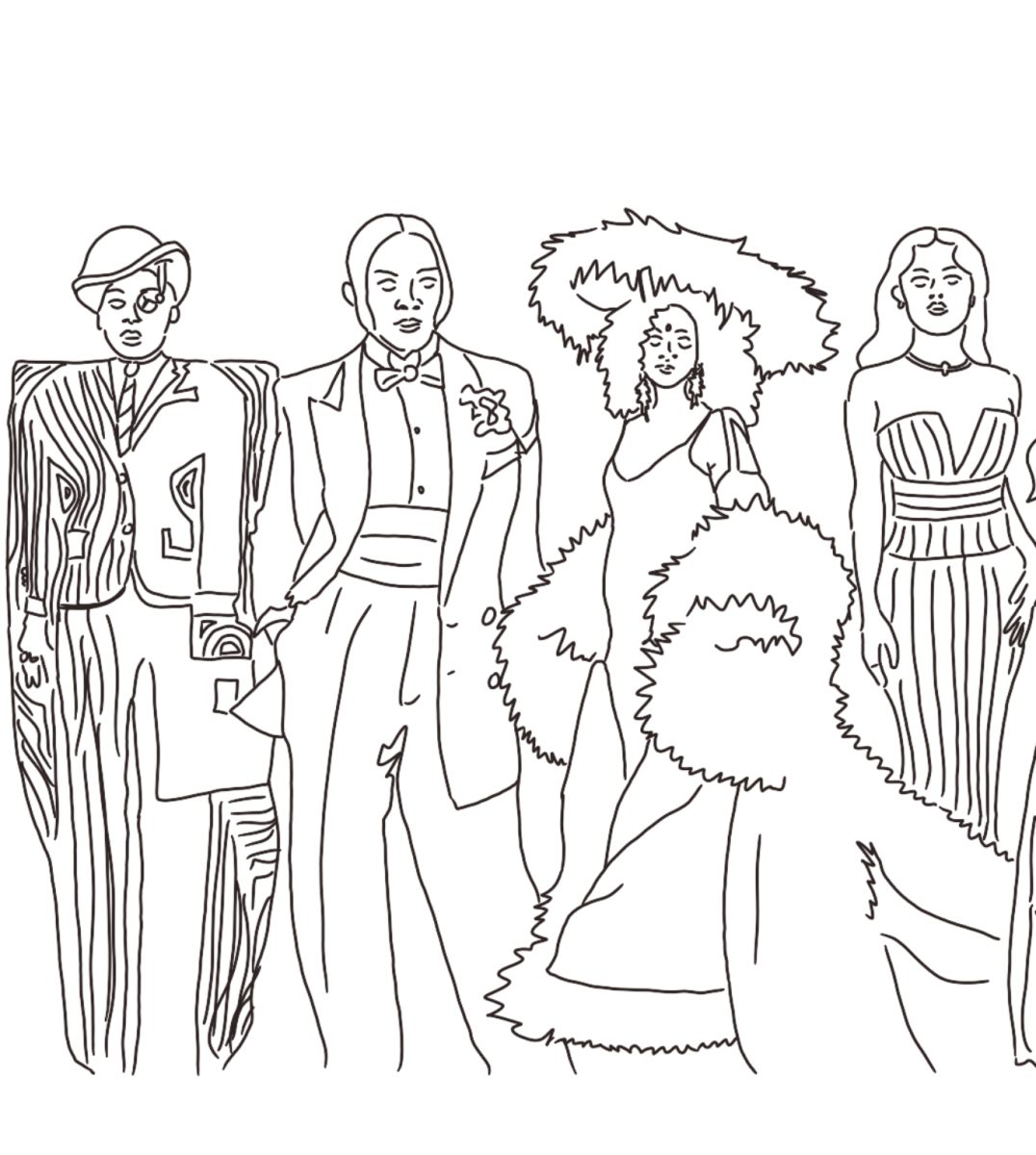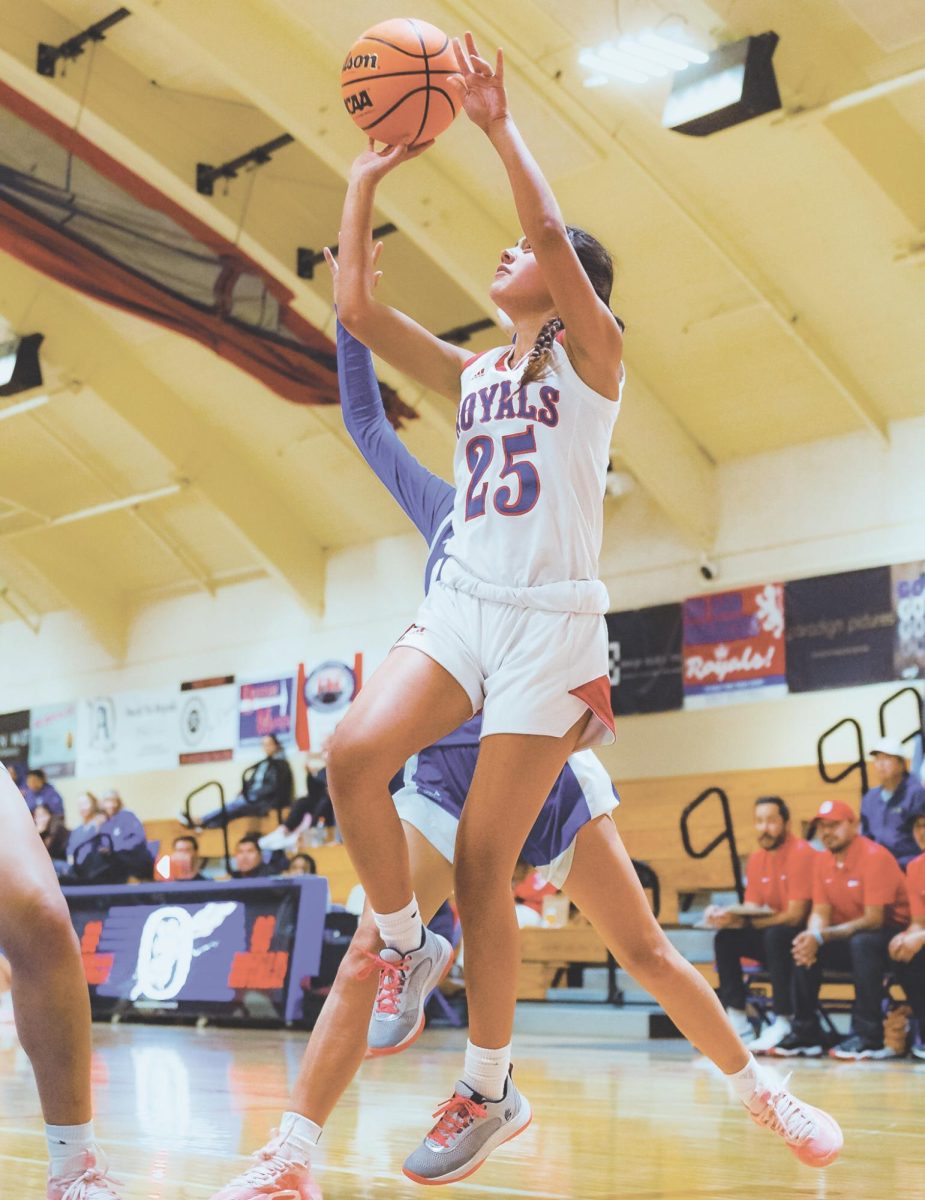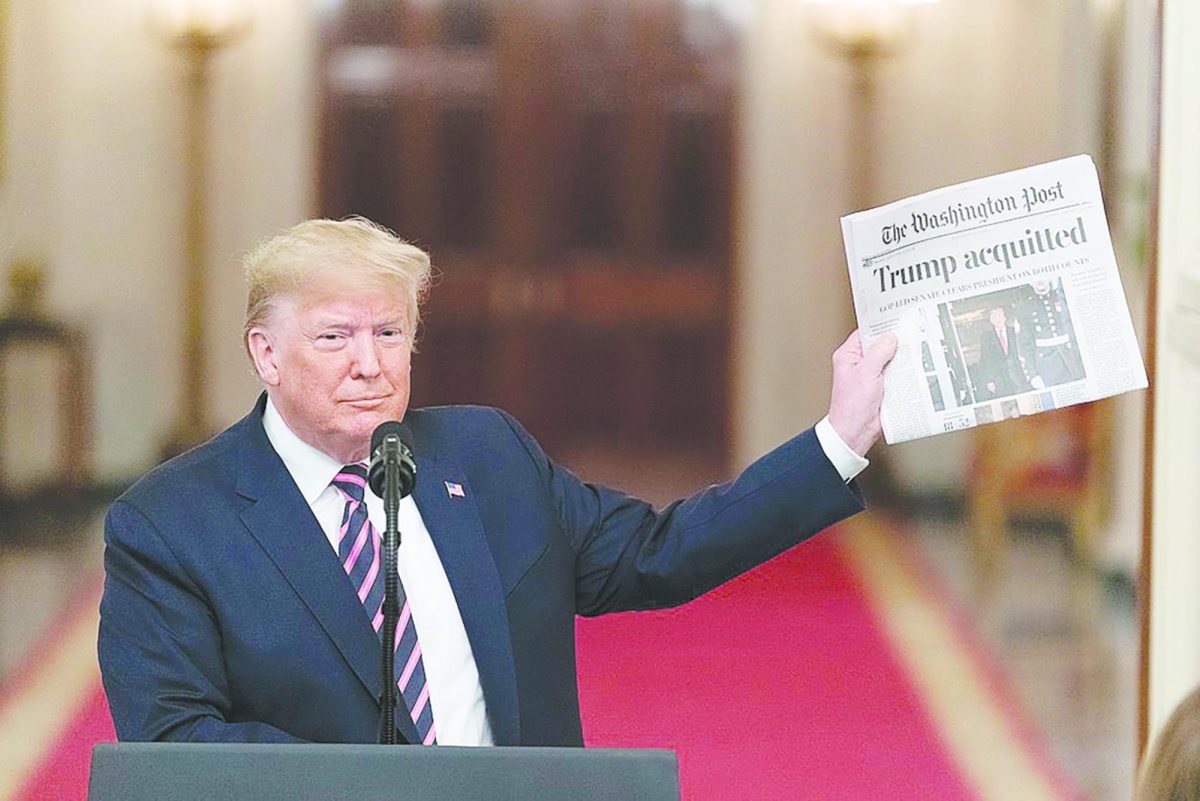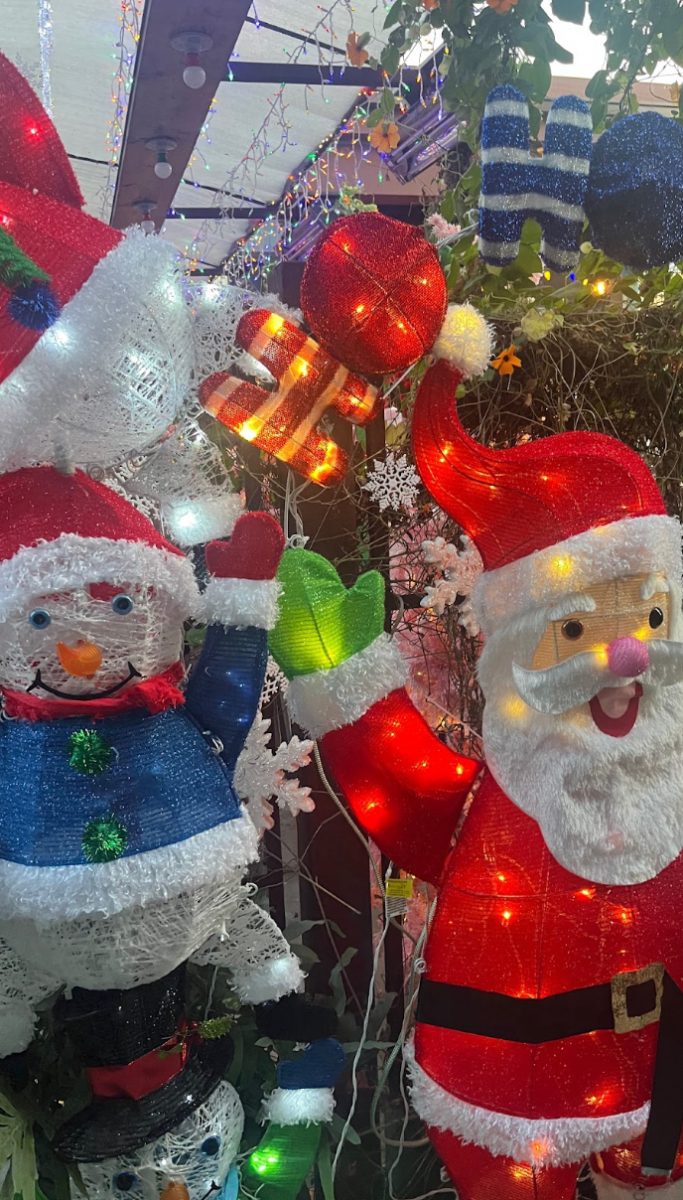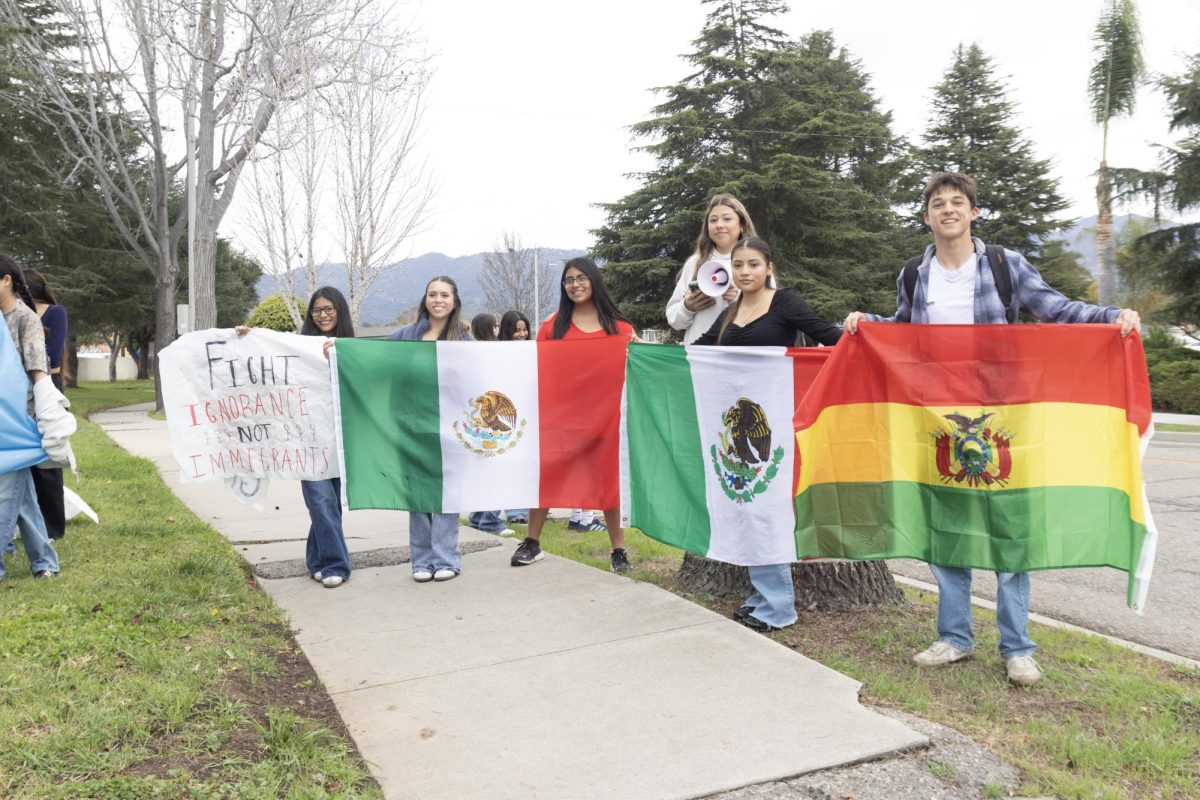Every year, on the fourth Thursday of November, as the leaves morph into hues of oranges and brown, families across the country gather to celebrate Thanksgiving. The holiday marks a time where we come together with family and friends to recognize and appreciate all we have to be thankful for. However, is it also important to take a moment aside to acknowledge the often-disregarded side of history of how this holiday came to be?
The origins of the holiday trace back to the early seventeenth century, when the Pilgrims and Native Americans shared a feast to symbolize the unity and cooperation reached between the differing cultures. However, as we celebrate the tradition today, it is important to recognize the hushed chapters that follow this initial cooperation as the real story tells a tale of cultural clashes, violence, and the systematic oppression of Native American communities.
The “first Thanksgiving,” as many understand it, took place in 1621 between the Pilgrims of Plymouth and the Wampanoag tribe. And though records indicate that this celebration did indeed happen, there are many misconceptions within. For starters, there is no evidence that the Wampanoag people were even invited to the original feast as various accounts from the time state that though 90 members of the Wampanoag tribe were present, nothing recalls an invitation. Some experts have theorized that these 90 men were part of an army sent by the Wampanoag leader Ousamequin at the sound of gunshots which turned out to be a part of the celebration.
Even in their first encounter with the Wampanoag people, the Pilgrims stole from the tribe’s winter provisions and it was not until much later that Ousamequin formed an alliance between the two groups. Even with their alliance, it only truly existed as the Wampanoag people were ravaged by the diseases that arrived alongside European settlers. This made the alliance less bound by harmony and more an act of survival. With this in mind, the celebration was soon followed by deadly conflicts between the settlers and not only the Wampanoags but all Native people. The settlers repaid their Native allies who shared their land and lifestyle by breaking the achieved short-term harmony as they continued to expand, enslave, and even execute Native people.
Although the true history behind Thanksgiving has become increasingly acknowledged over recent years, there are still many people throughout the country who continue to celebrate the holiday blindly. It is essential for us to confront this uncomfortable truth and engage in conversations about the impact colonization had on Native American populations. Thanksgiving should stand as not a commemoration of a mere fleeting moment of unity but as an opportunity to acknowledge both sides of the story, celebrating how far we have come, and all we have to be thankful for.
Ignoring this aspect of history perpetuates a distorted narrative that fails to uphold the values it is said we are celebrating. Schools and communities so far have failed to incorporate a comprehensive and accurate historical narrative in regard to Native American cultures and their contributions to American society in the past and present. This is why amplifying this story in the home could prove to be so crucial.
“I think it is important because in order to truly understand Thanksgiving, you need to know the whole picture. Typically, a story is based on whatever the dominant party wants you to see.” said San Marcos Ethnic Studies teacher Ms. Lorenzano. “I think something people could do is if they feel they are educated enough to do so, they could educate others or even use the day to give back to the community.” While celebrating Thanksgiving in these next couple of weeks, if you do choose to celebrate, it is important to do so with awareness. The ethics of celebrating Thanksgiving, lie within our ability to confront the disregarded side of history and learn from it. It could be as simple as reading a land acknowledgment alongside your prayers, educating your friends and family, or spending the week giving back. The land we inhabit today did not start with us, or the early settlers who came before us, but with the Native Americans. So please, celebrate and cherish their cultures and histories too.


